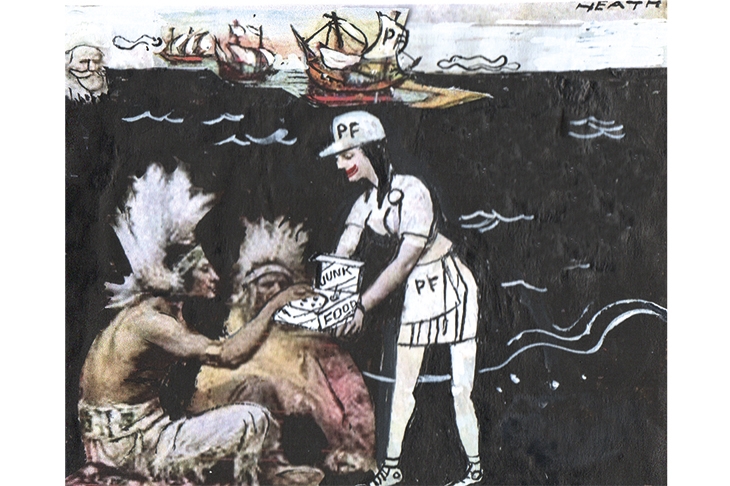Last month, in the middle of the Covid panic, a group of first-year university students at the University of Connecticut were welcomed to their campus via a series of online ‘events’. At one event, students were directed to download an app for their phones. The app allowed students to input their home address, and it would piously inform them from which group of Native Americans their home had been ‘stolen’.
Already a subscriber? Log in
Subscribe for just $2 a week
Try a month of The Spectator Australia absolutely free and without commitment. Not only that but – if you choose to continue – you’ll pay just $2 a week for your first year.
- Unlimited access to spectator.com.au and app
- The weekly edition on the Spectator Australia app
- Spectator podcasts and newsletters
- Full access to spectator.co.uk
Unlock this article
Jeff Fynn-Paul is associate professor in history at Leiden University. To read a longer version of this article, visit www.spectator.co.uk
You might disagree with half of it, but you’ll enjoy reading all of it. Try your first month for free, then just $2 a week for the remainder of your first year.














Comments
Don't miss out
Join the conversation with other Spectator Australia readers. Subscribe to leave a comment.
SUBSCRIBEAlready a subscriber? Log in